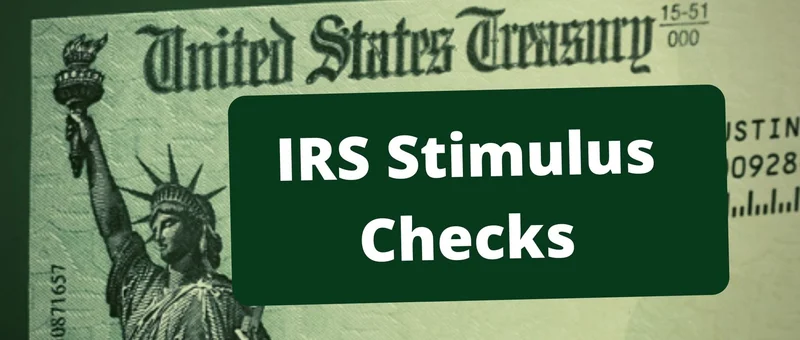Will Trump's Tariff Rebate Be the Economic Jumpstart America Needs?
Okay, folks, let's dive into this whirlwind of economic chatter surrounding the possibility of another stimulus—or, more accurately, a tariff rebate—dangled by none other than President Trump. Now, before you roll your eyes and say, "Aris, not another one of these will-they-won't-they scenarios," hear me out. This isn't just about the money; it's about the potential for a completely new way of thinking about how we fund our economy and support American citizens.
The headlines are swirling: no new stimulus checks confirmed, IRS warnings about scams, and the Supreme Court casting a wary eye on Trump's tariffs. I saw one financial expert call the whole tariff rebate plan "unrealistic." The usual doom and gloom, right? But what if we flipped the script? What if, imagine, this is the spark that ignites a whole new era of economic empowerment?
The Tariff Rebate: A Radical Idea?
Here's the core concept: Trump proposes using tariff revenue to send a dividend of at least $2,000 to most Americans, specifically excluding high-income individuals. Treasury Secretary Scott Bessent has suggested this would target individuals and families making $100,000 or less.
Now, I know what you're thinking: tariffs? Isn't that just another tax? Well, yes and no. The idea isn't just to generate revenue, but to incentivize American production and disincentivize reliance on foreign goods. It's about bringing jobs back home. And if that revenue can then be directly channeled back to the people who need it most… well, that's a pretty compelling feedback loop, isn’t it?
Think about the possibilities. What if this became a regular, predictable source of income for working-class families? What if it spurred a wave of local investment, as people had more disposable income to spend in their communities? What if it incentivized more people to start their own businesses, knowing they had a safety net to fall back on?
This reminds me a bit of the early days of the internet. People scoffed, said it was a fad, a toy for nerds. But look at where we are now! The internet has revolutionized everything, from communication to commerce to culture. Could this tariff rebate be a similar kind of disruptive force, shaking up the established economic order?
Of course, there are hurdles. The Supreme Court's skepticism about the legality of Trump's tariffs is a major one. And let's be honest, the U.S. national debt of $37 trillion is a looming shadow over any grand economic scheme. But isn't it worth exploring radical solutions when the old ones clearly aren’t cutting it?

It’s also important to be wary of potential pitfalls. As law enforcement agencies in Northern Virginia are warning, the mere mention of stimulus payments brings out the scammers like moths to a flame. The IRS is constantly battling fake payment messages, reminding everyone that they never initiate contact via email, text, or social media. Stay vigilant, folks! As Stimulus payment November 2025, IRS direct deposit relief payment & tariff dividend fact check - FOX 5 DC reports, it's important to verify any information about potential payments with official sources.
One crucial question that hasn't been answered is how this would affect inflation. More money in circulation could drive up prices, negating some of the benefits. So, how do we ensure this rebate empowers people without further destabilizing the economy?
Beyond the Dollars: A Shift in Mindset
Here's the "Big Idea" I see bubbling beneath the surface: this isn't just about a one-time payment; it's about a fundamental shift in how we view the relationship between government, trade, and the individual citizen. It's about saying, "Hey, we're going to use the levers of global trade to directly benefit you."
And that's where the real potential lies. What if this tariff rebate becomes a model for other countries? What if it sparks a global movement towards more equitable and sustainable economic policies?
When I first heard about this plan, I was skeptical, I admit it. But then I started thinking about the possibilities, about the potential for innovation and empowerment. And honestly, I got excited. Really excited. This is the kind of bold thinking we need to tackle the challenges of the 21st century.
But with great power comes great responsibility. We need to ensure that any such program is implemented fairly, transparently, and with the utmost care to protect against fraud and abuse. We need to have a serious conversation about the ethical implications of using tariffs in this way. It’s a powerful tool, and like any tool, it can be used for good or ill.
